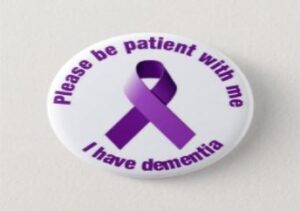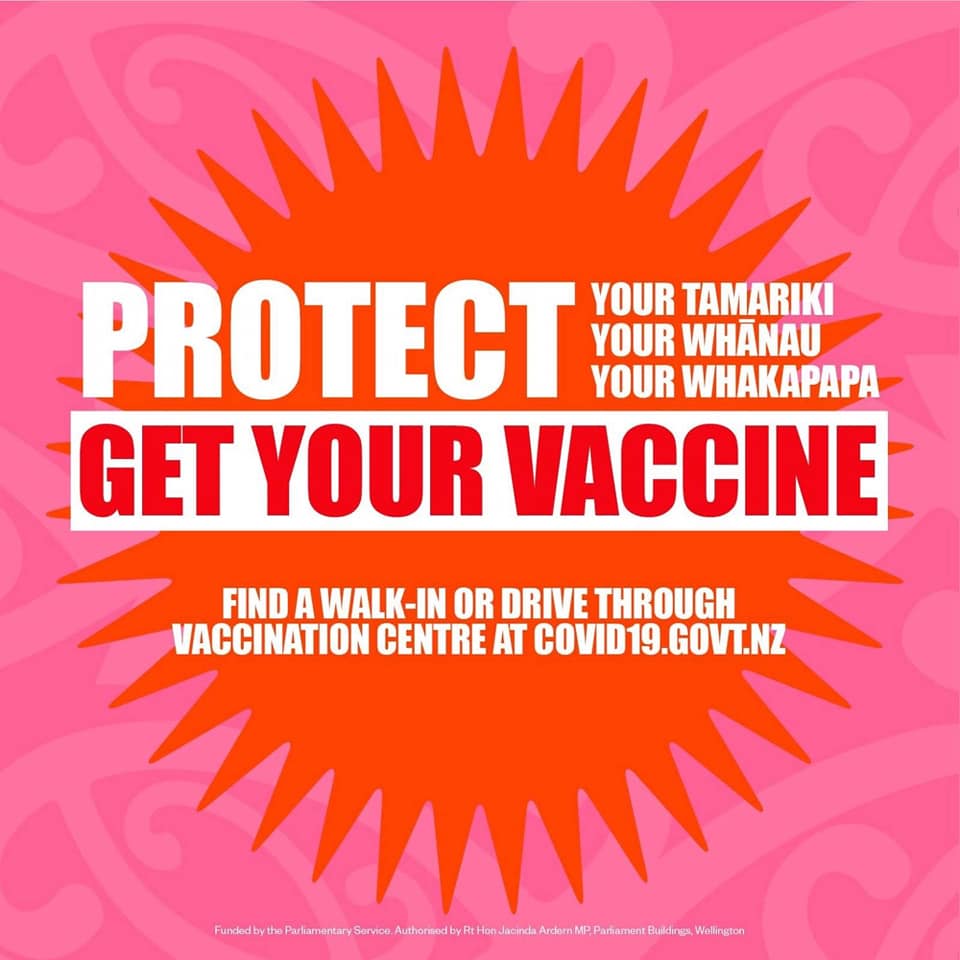As we grow older, we do become more forgetful but this does not mean we have any sort of dementia. Some people will have more cognitive decline as they grow older or even some start showing at a younger age. Dementia – is loss of skills or a chronic disorder that affects memory, thinking, behavior, emotion and physical functioning.
Dementia is not a part of normal aging
There are many forms of dementia including –
- Alzheimer’s disease -affected around 65-70% of people with dementia,
- Vascular dementia -affected around 15-20%of people with dementia,
- Lewy Body dementia -affected around 10%of people with dementia,
- Fronto temporal dementia
- Alcohol- related dementias.

The harm caused by all dementia leads to the progressive loss of brain tissues and the symptoms will gradually get worse, in fact dementia cannot be cured.
Some people use techniques such as copying methods, medications, lifestyle changes to slow the progression although symptoms vary from person to person, mostly characterized by changes in personality and behaviuor.
In addition to memory loss symptoms of Alzheimer’s include,
Difficulty in – problem solving, verbal communication,judgement, activities of daily living (eating,drinking,dressing,toileting etc.), to perform routine works etc.
Changes in –mood, personality, confusion about -places, family and friends etc.
There are usually three types of dementia,
1-Early/mild 2- Moderate 3- Advanced/severe
When communicating with a person with dementia avoid arguing, correcting them even if they are wrong or do not try to show any kind of impatience and do not try to ignore them. They often feel threatened when you ask specific questions that rely on their good memory as they don’t have it, furthermore always focus on their body language and expressions to understand them easily and watch carefully, being gentle and calm and keeping your sentences short and concise will help both parties to understand each other without any conflict.
Rather than treating them with medications, behaviour management is more important –
E.g.- Keep the same /consistent/familiar routine.
Dementia can be described as reversible or non-reversible. Reversible dementias include vitamin deficiencies, depression, medications or infections; the effects of these are short term and it is important to identify these conditions early and treat appropriately so it can be reversed.
The irreversible dementias are known as degenerative dementias. The most common form is Alzheimer’s disease.
Reversible Dementia
| Cause | Symptoms |
|---|---|
| Vitamin deficiency | Confusion, Change in mental state |
| Depression | Low mood, Low energy |
| Medications | Hallucinations, Confusion |
| Infections | Confusion |
Below are some causes of difficult behaviour,
- Too noisy
- Bossy tone
- Pain
- Tiredness
- Illness
- Hunger
- Effects of medication
- New people / Environment etc.
Behavior Disorders of Dementia,
- Anxiety or depression
- Sundowning
- Wondering/Restlessness/Rummaging in other people’s belongings
- Agitation,shouting,swearing
- Prone to falls and delirium etc.
A person living with dementia can have a significant impact on their life as they experience a wide range of emotions such as shock, disbelief, shame, fear, guilt, anger and sadness etc. They are often very concerned about their future as well as isolation and being cut off.
Stroke, diabetes, hypertension, cancer, obesity, Parkinson’s disease, osteoarthritis are some chronic medical conditions.
Support and Advocacy Services available for Family /Whanaù in New Zealand
- Alzheimer’s New Zealand
- Age Concern New Zealand
- Health and Disability Commission
Lastly, enjoy the time with people who have dementia as they look the same as other people but don’t act like it, and remember they are not KIDS, they are adults. Treat them with respect and protect their dignity. Use humor as a way of getting to know them and make relationships with them. Be kind and tolerant and have more compassion.
!!! LAUGH WITH THEM, NEVER AT THEM !!!









